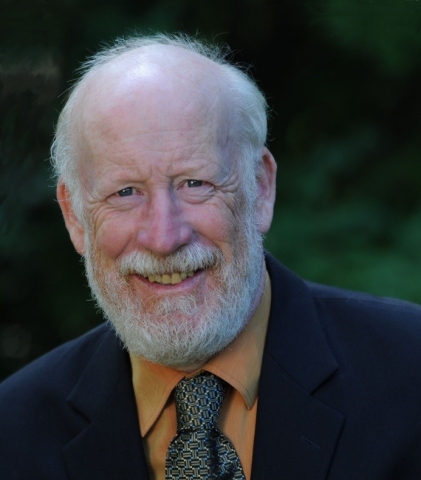FROM THE HILL: Electric Vehicle Battery Recycling at Teck Resources Smelter
I’ve written in a previous column about the exciting developments in battery recycling in Trail. There, KC Recycling is one of western North America’s largest lead-acid battery recyclers and Cirba Solutions (formerly Retriev) is a major recycler of literally every other kind of battery. Both these businesses are important components of the circular economy we need to build for our critical mineral resources. And now they will hopefully be joined by a major initiative at the Trail smelter of Teck Resources—building western North America’s biggest electric vehicle battery recycling refinery.
Electric vehicle batteries require several critical minerals in their manufacture—including cobalt, lithium and nickel—and the production of most of those materials is controlled elsewhere in the world. Much of that control lies with Chinese enterprises that dominate lithium-ion battery manufacturing around the globe. There has been much talk about how Canada could produce all these minerals to feed a rapidly growing value chain of battery production in North America.
The other challenge with producing large quantities of lithium-ion batteries for electric vehicles is what to do with those batteries when they reach the end of their useful life after 10 years or so of use. They are large, heavy, and constitute one of the most expensive parts of the vehicle. Developing a workable ecosystem of recycling those batteries could be a game-changer—it would solve the problem of where those aged batteries go and it could provide an economic source of critical minerals, thus bringing down the cost of producing new batteries.
The Canadian government has recently announced plans for several major electric vehicle battery plants in BC, Ontario, and Quebec backed by federal investments in tax incentives amounting to billions of dollars. The BC plant in Maple Ridge alone is estimated to produce 135 million batteries a year. Those plants will obviously require a reliable source of critical minerals.
Enter Teck Resources and their large lead-zinc smelter in Trail. Their site would be an ideal place to develop the large facility needed to process the significant—and steadily growing–quantity of batteries predicted to be available starting in the next few years. It has the industrial site, refining expertise, and a ready supply of hydroelectric power, combined with its existing supply chains for lead-acid battery recycling. It could create hundreds of good, family-supporting jobs and help to sustain a community with an already talented workforce.
These batteries would be processed in dismantling facilities across the country, producing a material
known in the industry as “black mass”, a valuable mix of cobalt, nickel and lithium. The black mass
would then be shipped to Trail and refined to produce battery-grade minerals that would be sold back
to the battery manufacturing plants we are beginning to build.
A large project such as this, which will require significant up-front expenditures by Teck, needs government investments to succeed. Investments like this will determine if Canada’s economy will not only thrive but also provide longstanding benefits to our workers and communities.
I will be discussing this project over the coming weeks and months with my colleagues in Ottawa to ensure that this project is seriously considered for a share of the federal funding that has already been promised for the battery plants in Ontario and Quebec. Once the facility is built and the supply chains are functioning well it will certainly pay for itself—and be a critical part of the electrification of western North America.


























Comments